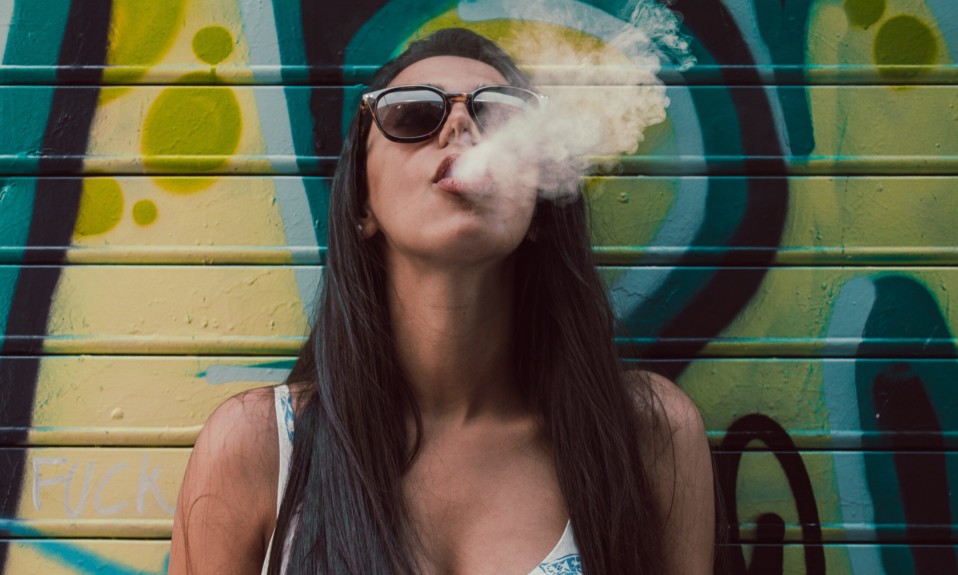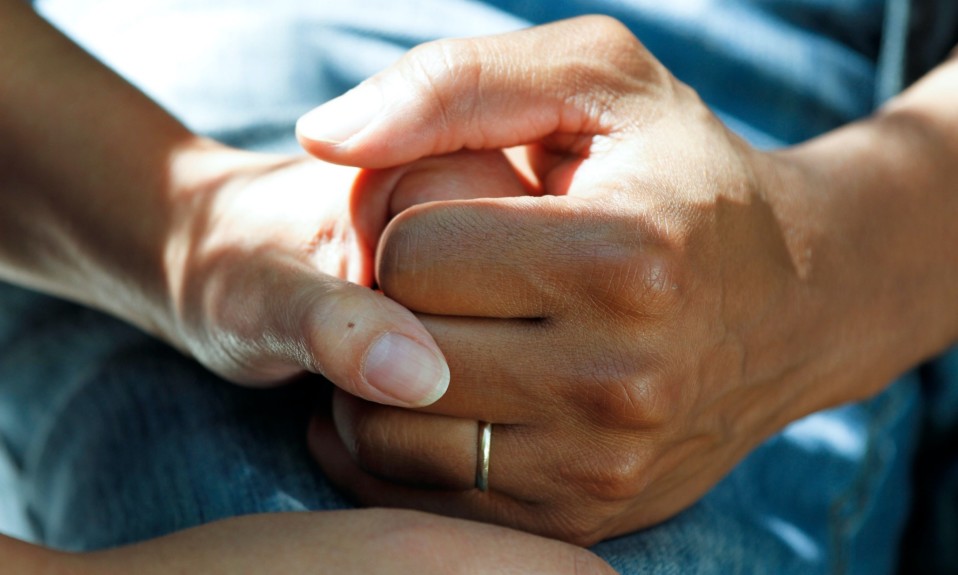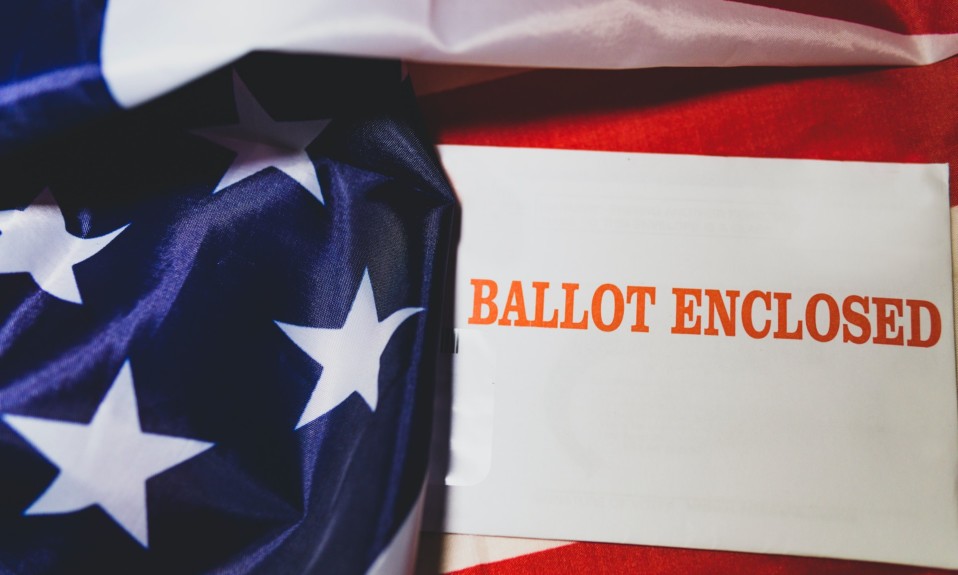Especially for adolescents, say the experts, marijuana isn’t the benign drug it’s made out to be
By Jason Langendorf
How does a sports-loving, video-gaming Midwestern teenager make the journey, in just a few short years, from the life of an all-American boy to someone crippled by addiction? The answer—not heroin, not methamphetamines, not alcohol—might surprise you:
Marijuana.
Before you roll your eyes or push back with tropes like, “Hey, pot isn’t addictive—it’s medicinal, and it’s safer than alcohol,” consider this teenager’s story, which, his mother says, parallels those of many other young people across the country who have become dependent on marijuana.
A gifted athlete who at 15 qualified to play on a squad with older teammates, he was quickly indoctrinated into the team’s pot culture. But while most of the other players seemed unaffected by smoking weed on a regular basis, this teenager went from using marijuana to being consumed by it.
Smoking joints soon led to experimentation with other forms of cannabis, including concentrates and dabs—a form of butane hash oil that essentially supercharges the levels of THC (the main psychoactive compound in marijuana that produces a high). His interest in sports evaporated. The boy wasn’t just getting high every day—he was staying high. His parents began to see the effects—his depression after he woke in the morning, his spiraling behavior. He bought from an Uber driver who brought drugs to their home. On one family vacation, he tried sneaking weed onto the plane.
“Pot rendered him, basically, completely incapacitated—to himself and others,” his mother says. “And he loved it. Absolutely loved it.”
Substances affect every person differently, and it’s true that not everyone who uses marijuana will become addicted. The teenager’s mother knows it has been a godsend to some. She’s also certain it has put her son and his loved ones through hell.”
Other drugs? Sure, he tried them: Percocet, LSD and more. But all he really wanted—what he seemed to need—was marijuana. Family interventions came up short. Sent to a wilderness rehab facility for three months, he took well to the structure, but then he attended a therapeutic boarding school and rapidly “came apart,” according to his mother. He rebuilt his foundation of recovery on a second wilderness stint, at a long-term residential care facility and through an early graduation that allowed him to remain in treatment—his choice—until he began using again shortly after arriving home.
Substances affect every person differently, and it’s true that not everyone who uses marijuana will become addicted. The teenager’s mother knows it has been a godsend to some. She’s also certain it has put her son and his loved ones through hell.
“It destroyed family, relationships—even his friend group and girls, his academic drive,” his mother says. “He was paralyzed.”
Marijuana Dependency Is a Real Danger
American attitudes toward marijuana have changed dramatically over the past 50 years. According to Pew Research Center, only 12% of people in the United States supported the legalization of marijuana in 1969, with 84% opposing it. By 2019, those numbers had nearly inverted, with 67% in support and 32% opposed.
Despite ingrained biases, years of scare-tactic PSAs, and movements such as Nancy Reagan’s “Just Say No” campaign in the 1980s, the narrative around marijuana has evolved: It isn’t as harmful as “hard” drugs; it’s “safer” than alcohol; it’s a “natural” pain reliever. And: It isn’t addictive, so what’s the big deal?
It’s silly to think that just because something is a medicine, it can’t be addictive. … There needs to be recognition that there’s extensive research that shows THC is a drug of abuse.”—Ryan Vandrey, Johns Hopkins University
But while these new attitudes have led to some notable steps forward (decriminalization, more equitable policy, greater treatment funding), experts say it’s important not to mistake progress for perfection. The first step, says Ryan Vandrey, Ph.D., a professor of psychiatry and behavioral sciences at John Hopkins University who specializes in the human behavioral pharmacology of cannabis, is debunking the notion that marijuana isn’t a drug of dependency.
“It’s silly to think that just because something is a medicine, it can’t be addictive,” Vandrey says. “And just because, even for argument’s sake, you say, ‘Okay, well, it’s not as bad as alcohol,’ that doesn’t mean it’s totally benign. There needs to be recognition that there’s extensive research that shows THC is a drug of abuse. It has strong abuse liability, in that people who chronically use cannabis can have problems related to their cannabis use. It can interfere with their daily functioning. It can impact their physiology. They can experience withdrawal when they try to stop. It can be terribly difficult to stop when they have a reason to quit.”
Brad Schimel, formerly attorney general of Wisconsin and currently a state circuit court judge, says he asks every new participant in the county drug treatment court over which he presides the same question: “How did this start for you?”
“Almost always, they started down the path with marijuana,” he says. “But now, on the same day, I’ll have people come in for possession of marijuana who are not addicted—but they’re there. By no means does everybody who uses marijuana go on to more dangerous drugs. But we can’t, as a society, be telling people—especially young people—that this is harmless. That’s foolish.”
The Young Mind on Marijuana

Concerns about the exposure of adolescents to marijuana aren’t unfounded, says Brad Sorte, incoming CEO and current chief strategy and growth officer at Caron Treatment Centers.
“There is good data on the impact of cannabis use, specifically in adolescents and young adults and the developing brain, and executive functioning in the prefrontal cortex,” he says. “I think we need more research.
“There’s also really good data in general about people’s propensity to develop a substance use disorder and the age of first onset of use. Now, it’s correlational—it’s not causal—so it’s not necessarily known for sure whether people start using earlier because they have a greater predisposition or because they started earlier. But one of the things that is clear is that the earlier somebody starts using drugs or alcohol, the higher the likelihood that they will develop a substance use disorder at some point in their lives.”
Sorte calls the ages between 12 and 16 “the danger zone,” with data suggesting a higher risk of addiction and more severe outcomes among the patient population that uses marijuana. But he says education on the dangers of cannabis use among adolescents is complicated by some of the policy changes around the drug.
“My experience has been that the parents who are very concerned about the proliferation of marijuana are in the minority,” Sorte says, “and that the majority of parents I encounter are almost—probably inappropriately—relieved that it’s becoming decriminalized or legalized, and they feel like it’s a battle they don’t have to fight anymore. And they are more than happy to believe and minimize the effects of it, because it’s just a headache they don’t have to deal with.”
The stakes are high, because for all the recent anecdotal messaging around marijuana’s relatively mild adverse effects and long-term dangers, the reality is that people who develop a dependency on the drug often struggle just as mightily as those hooked on other substances. Addiction is addiction.
“Treatment programs for helping people stop—people who want to stop and can’t do so on their own—are just as successful as helping people quit alcohol, cocaine, heroin or nicotine. Which is to say, not very successful,” Vandrey said. “Most people who enter treatment to try to quit using cannabis fail to do so. And again, these are voluntary admissions—people who say, ‘I want to stop,’ and then are unable to.”

Recovery Never Ends
Not long after turning 18 and drifting again from his recovery, our young athlete was given an ultimatum: school, employment or treatment. When he wasn’t able to make any of them stick, his parents sent him on his way, knowing that he’d have to come to recovery on his own terms.
A year later, he’s now working a full-time job, taking a college course and staying connected to family. But he’s still using marijuana, his mother says, and still struggling to settle its place in his life.
“The place where he is now, he can understand the impact and the negative consequences of his use,” she says. “Yet he still struggles with not just his feelings of needing to do it, but also with the messaging that he is getting from peers, society, business—all over—that pot is harmless.
“It’s an unwritten chapter. But we know he’s trying.”
Top photo: Designecologist; bottom photo: Martjin Baudoin













